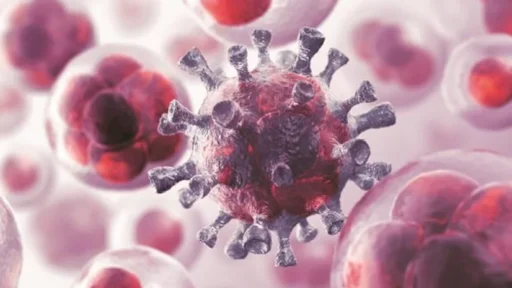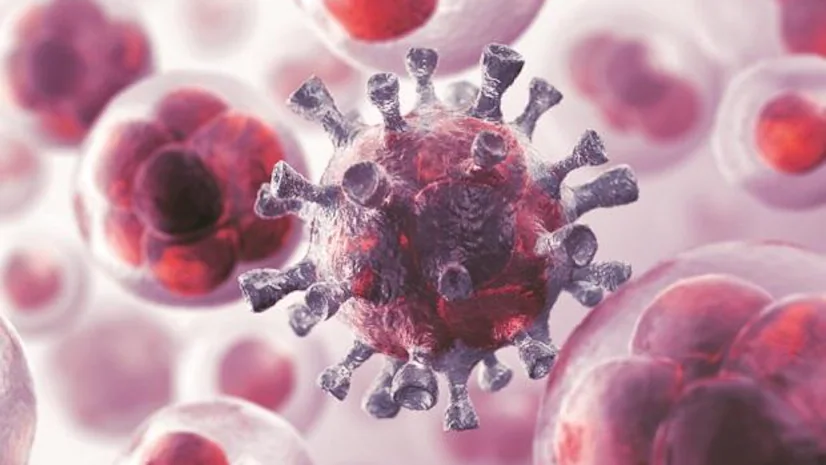A rising number of cases of cancer among adults in the US has been linked to a lack of healthy lifestyle choices.
A new study released by the American Cancer society revealed that about 40% of all cancer cases and almost half of deaths could be prevented by changing their habits.
Cigarette smoking is known to be the leading cause of cancer in the US. It contributed to almost 20% of all cancer cases and over 30% of all cancer fatalities.
The study, which analyzed data from 2019, found that certain lifestyle factors were associated with a higher number of cancer cases and deaths among adults 30 and older.
The number of new cases of cancer diagnosed in 2021 in the US reached almost 1.8 million.
One of the study’s top risk factors was smoking. It showed that people who are currently or former smokers are more prone to developing the disease.
Smoking is known to be associated with various types of cancer, such as those in the liver, gullet, gallbladder, pancreas, uterus, lungs, and bladder.
The CDC noted that being overweight by one’s body weight increases cancer risk in the US, which makes up about 40% of all cancer cases yearly.
To lower your risk of developing the disease, the CDC suggests implementing weight-loss strategies, such as walking into your routine.
Being overweight by more than one percent of your body weight is known to increase cancer risk. People can check their BMI by taking a look at it.
New research contradicting long-standing beliefs about the benefits of consuming alcohol has emerged.
According to the CDC, a woman should drink no more than seven drinks per week, while a man should drink no more than 14 drinks per week.
The CDC defines heavy drinking as consuming over eight drinks per week for women and more than 15 drinks per week for men.
The agency also stated that a single serving of alcohol, which is about 5 ounces for wine and 1 1/2 ounces for hard liquor, is very small compared to what’s typically served in restaurants and bars.
A new study revealed that people who eat processed and red meat are more prone to developing cancer.
Those who don’t get enough vegetables, fiber, and calcium from their diet are also more vulnerable to the disease.
The USDA’s dietary guidelines for Americans suggest that people should eat a variety of protein dishes, such as eggs, poultry, beans, and seafood.
These guidelines also suggest the consumption of more fruits, vegetables, and whole grains, as well as limiting the amount of salt, saturated fats, and sugar in their food.
The study found that being inactive is known to increase a person’s cancer risk.
For adults, the physical activity guidelines state that individuals should do 150 to 300 minutes of moderately-intensity activity or more vigorous-intensity exercise every week.
For adults, the guidelines recommend doing at least two days a week of muscle-building activities.
Being able to keep up with regular doctor’s appointments and undergoing cancer screenings are also important factors that can reduce a person’s cancer risk.
The U.S. Preventive Service Task Force also suggested that women should have breast cancer screenings every year starting at 40.
It also suggested that men start getting colorectal cancer screenings at 45.
Consult with your doctor if you’re over 75 years old as you may require yearly screenings depending on the type of procedure utilized.
In addition, individuals should annually examine themselves for any unusual markings or spots on their skin.
Regular sunscreen use can reduce the likelihood of developing invasive melanoma by around 70%.
It can also help prevent the development of wrinkles and other skin pigment changes that are caused by the ultraviolet radiation. According to experts, people should use products that have an SPF of 30 or higher.






